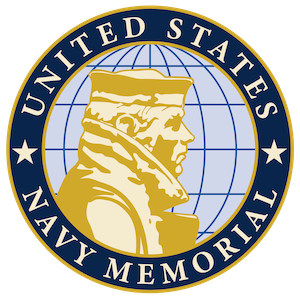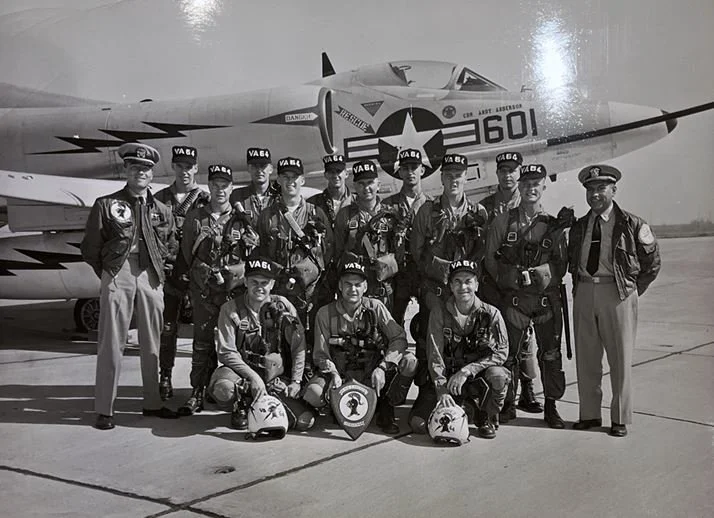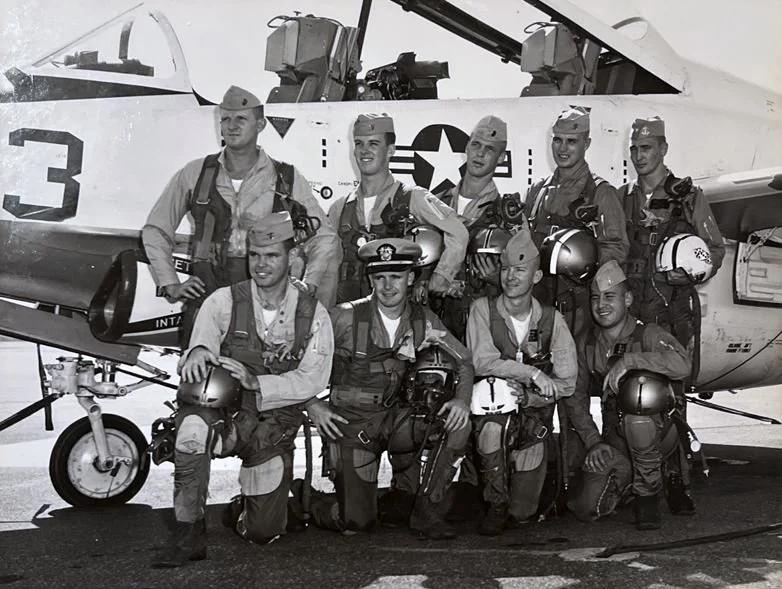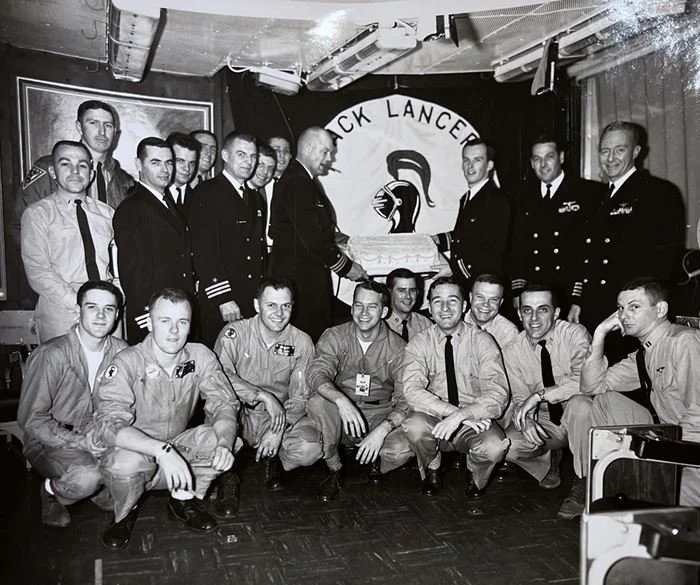The United States Navy Memorial Stories of Service Program Presents
:
From Philosophy to Flight: The Naval Journey of Lieutenant Commander James P. O'Donnell
The United States Navy Memorial Stories of Service Program is honored to announce the November 2025 story of the month has been selected to recognize the service of United States Navy Veteran, Lieutenant Commander James P. O'Donnell. The United States Navy Memorial Stories of Service Program is privileged to interview Lieutenant Commander James P. O'Donnell at his home in Delaware in the Spring of 2025.
In the annals of American military history, some stories shine not through grand headlines, but through the quiet, steadfast courage of individuals who answered the call to serve. Lieutenant Commander James P. O'Donnell is one such individual—a man whose journey from philosophy student to Naval Aviator is a testament to perseverance, patriotism, and personal transformation.
O'Donnell’s path to the cockpit began in college, where a shift from abstract thought to hands-on action led him to pursue flight. Rejected by the Navy, Marine Corps, and Air Force, he refused to give up. “I kept analyzing what’s going on here,” he recalled. “I decided the reason was the U.S. Navy didn’t have much need for philosophers.” So he enrolled at Georgetown Law School, but the dream of flying persisted. One day, a letter arrived: “We’re happy to inform you…” That was all he needed. “I closed the law books, put them on the table, and let out the loudest yahoo I’ve ever done in my life.”
Despite never having flown or seen the ocean, O'Donnell reported to Naval Air Station Pensacola in 1959. “I smelled the salt air, looked around at all these big mean military airplanes, and I felt—I’m home.” After rigorous training, he earned his commission and began flight school, eventually qualifying for jets—a rare honor reserved for the top 5% of cadets.
His career took flight in the A-4 Skyhawk, a single-seat light attack bomber. O'Donnell trained in conventional weapons delivery and was selected for nuclear weapons delivery, flying under the Cold War doctrine of Mutually Assured Destruction. “I found myself as a 23-year-old carrying a weapon that could wipe out 10 million people,” he said. “Big responsibility.”
He served aboard the USS Enterprise, the Navy’s first nuclear-powered aircraft carrier, and completed three seven-month Mediterranean cruises. During the Cuban Missile Crisis, he was stationed aboard the USS Independence, ready to launch within five minutes if ordered. “I had my gear on, standing on the flight deck, ready to go,” he recalled. “It was resolved, thank God.”
Among the many challenges O'Donnell faced, none loomed larger than night carrier landings. “Nothing you will ever do in your life will be as challenging, as harrowing, or as personally satisfying as landing on an aircraft carrier at night,” he told a room of young naval students years later. “Day flying was fun. Night flying was work—and survival.”
He vividly recounted one flight when spatial disorientation nearly claimed his life. “I was 500 feet behind the ship, flying a high-performance jet, and I felt like I was hanging upside down,” he said. “Every fiber of your being tells you you’re about to die. But the Navy teaches you: Trust your instruments. And I did. I flew precisely, and I landed.”
O'Donnell completed 374 carrier landings, including 82 at night, and served as both a refueling pilot and tanker pilot. “You do it precisely, or you’re not around,” he said. “Emotion doesn’t help in those situations. You stay calm, you solve the problem.”
After his Navy service, O'Donnell transitioned to a civilian aviation career with TWA. He began as a flight engineer on the Lockheed Constellation, a World War II-era aircraft, before becoming a jet pilot and eventually a 747 captain. His most memorable flight was his first as a 747 captain from St. Louis to Hawaii—with his beloved wife Isabelle aboard.
“I felt like I was at the top of the mountain,” he said. “It was an honor and a privilege every time I strapped into that seat.”
Lieutenant Commander O'Donnell’s story might have remained a private treasure, shared only among family and close friends. But his daughter, Maria, recognized its significance—not just to their family, but to the nation. She arranged for his story to be archived by the Navy Memorial Stories of Service Program, ensuring that his service would be remembered and honored for generations to come.
Maria’s commitment didn’t stop there. Inspired by her father’s journey and the power of storytelling, she joined the Navy Memorial’s efforts to document and preserve the stories of other veterans. Her work helps ensure that the voices of those who served—especially those whose stories might otherwise go untold—are heard and celebrated.
Lieutenant Commander James P. O'Donnell’s life is a testament to the enduring spirit of service, the thrill of flight, and the quiet strength of duty. Through Maria’s love and dedication, his legacy now lives on—an inspiration to future generations and a cherished chapter in the story of Naval Aviation.
USNM Service Memories of Lieutenant Commander James P. O’Donnell
The United States Navy Memorial honors United States Navy Veteran, Lieutenant Commander James P. O'Donnell featured within this series titled, Tales from the Navy Log, Story of the Month. Each month, this series honors a Veteran’s story recorded by the Stories of Service Program at the Navy Memorial. To learn more about this story and to explore the Navy Memorial archive, visit the Navy Memorial Stories of Service site at https://www.navymemorial.org/stories-of-service



